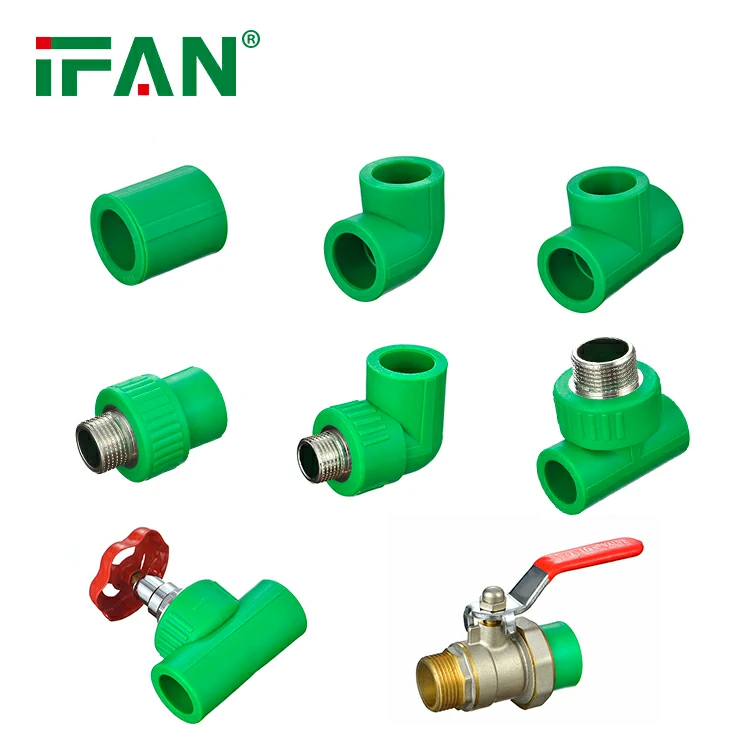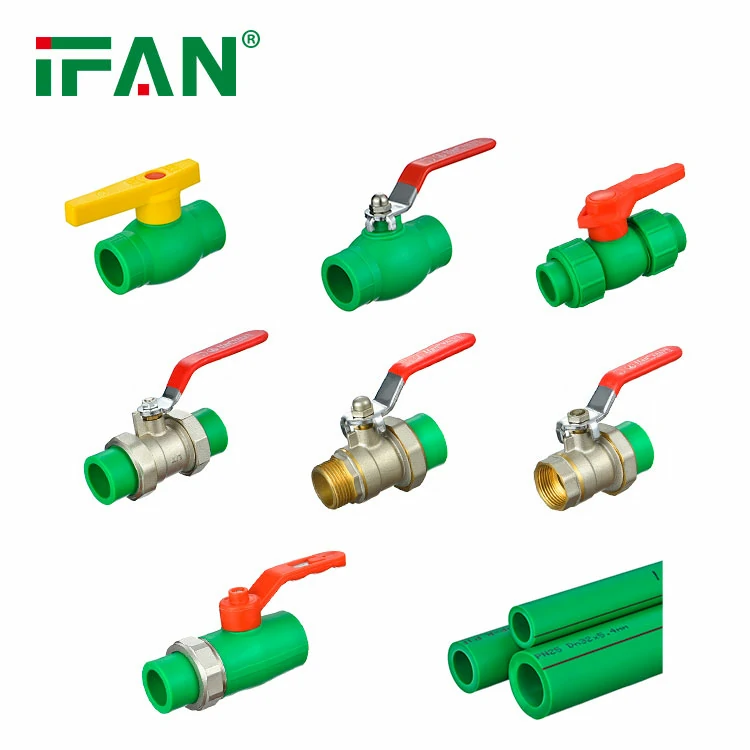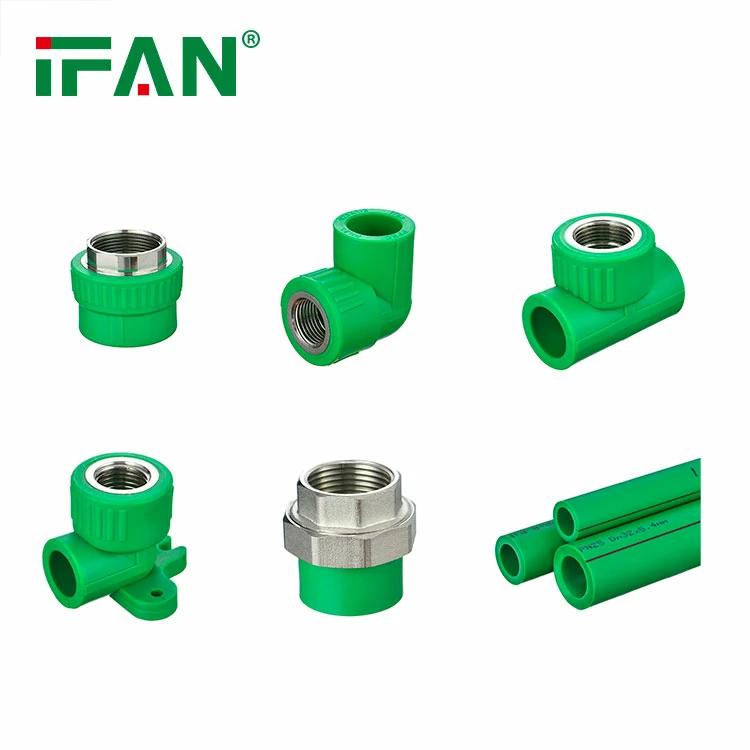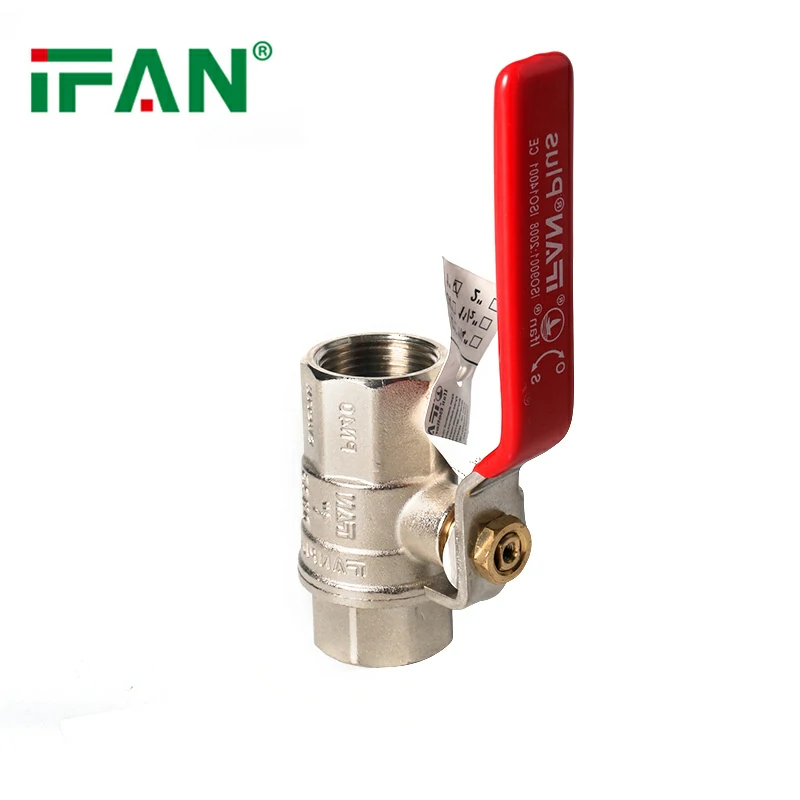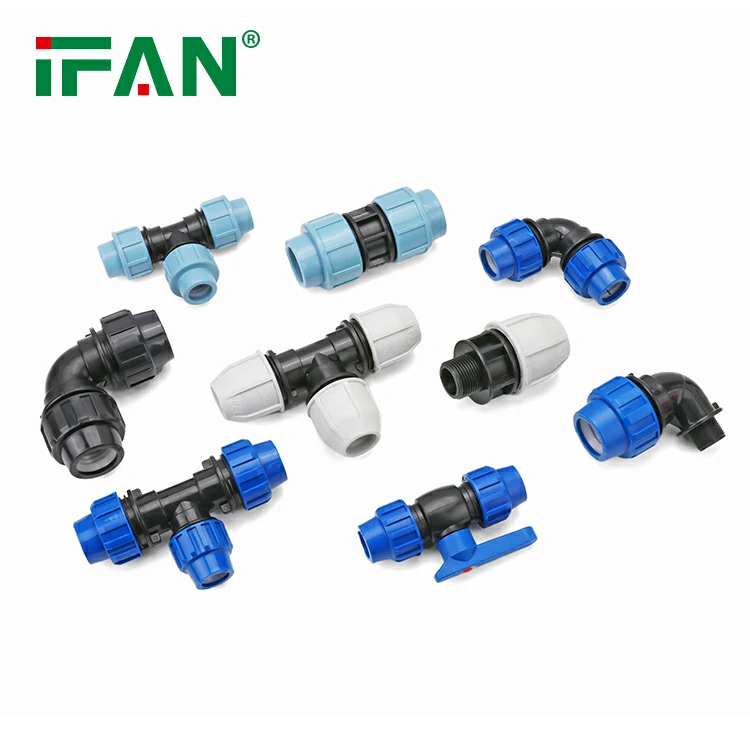What type of pipe is not recommended for water line?
When it comes to water lines, certain types of pipes are generally not recommended due to their limitations or potential risks. Here are some examples:

1. Galvanized Steel: Galvanized steel pipes were commonly used in the past for water lines. However, they are not recommended for new installations due to their susceptibility to corrosion and internal scaling over time. These issues can lead to reduced water flow, leaks, and even water contamination.
2. Lead: Lead pipes are a significant health concern and should never be used for water lines. Lead can leach into the water, posing severe health risks, especially for drinking water. It is crucial to replace any existing lead pipes with safer alternatives.
3. Polybutylene: Polybutylene pipes were used in residential plumbing systems from the late 1970s to the mid-1990s. However, they are not recommended for new installations due to their vulnerability to degradation, breakage, and potential for leaks.
4. Thin-Walled PVC: Thin-walled PVC pipes, typically used for irrigation or drainage purposes, are not suitable for water lines. They lack the necessary strength and pressure rating required for water supply systems, increasing the risk of failures and leaks.
5. Non-Certified or Unapproved Pipes: Pipes that are not certified or approved for potable water applications should not be used for water lines. It is essential to choose pipes that comply with relevant standards and regulations to ensure the safety and quality of the water supply.
It is crucial to consult with plumbing professionals, adhere to local building codes and regulations, and consider the specific requirements of your water line project to determine the most suitable pipe material.

